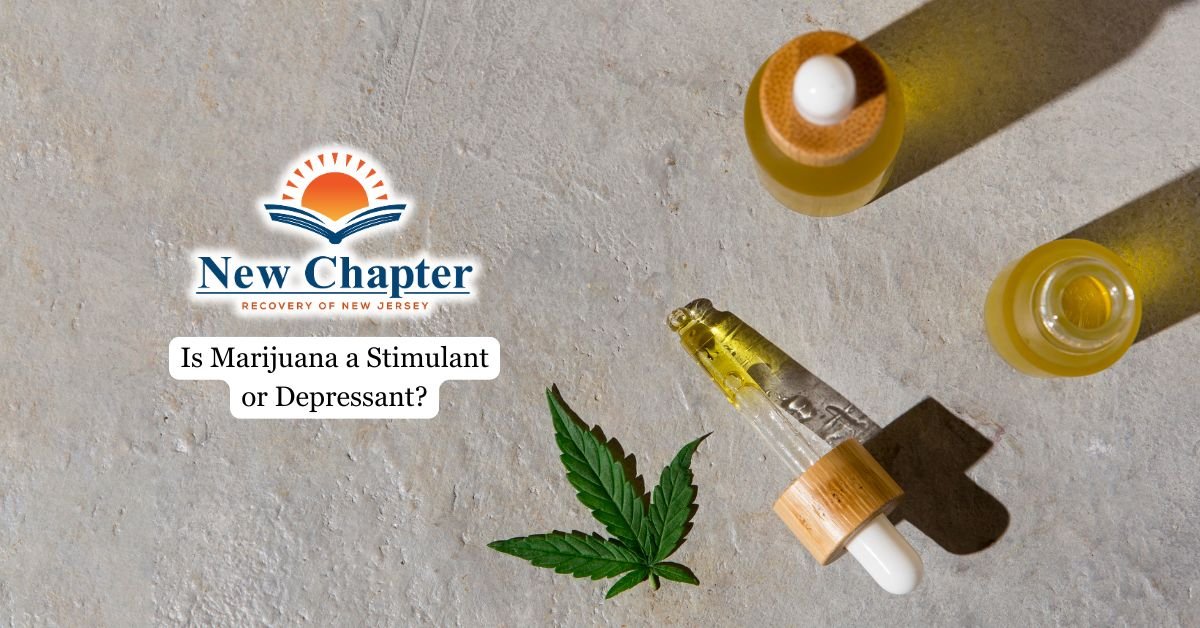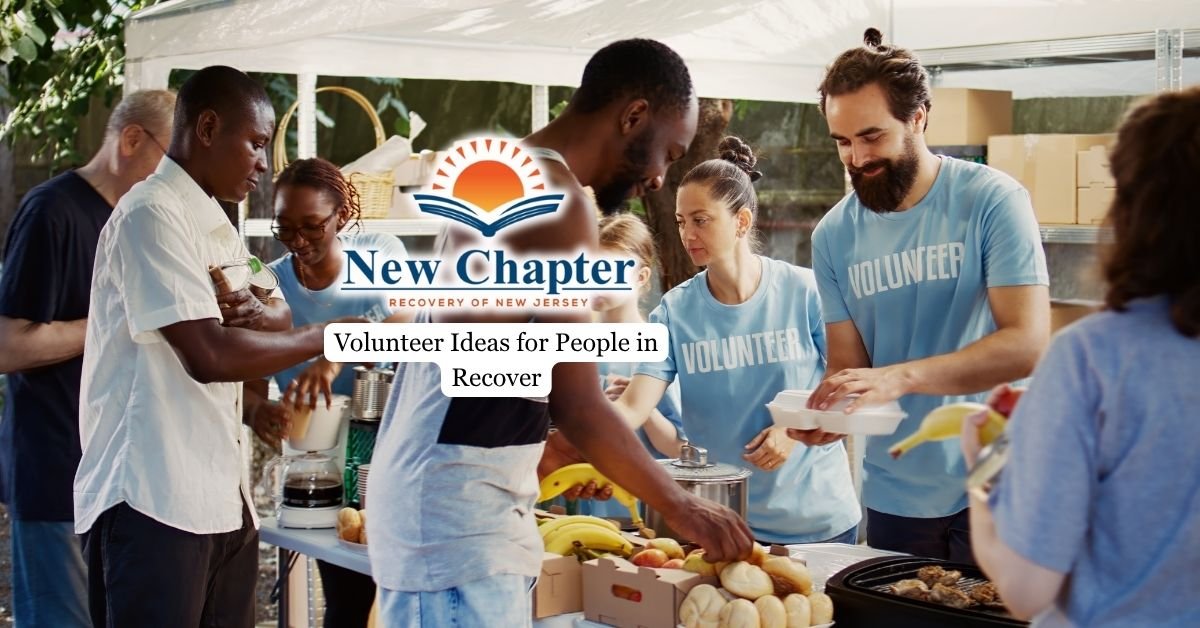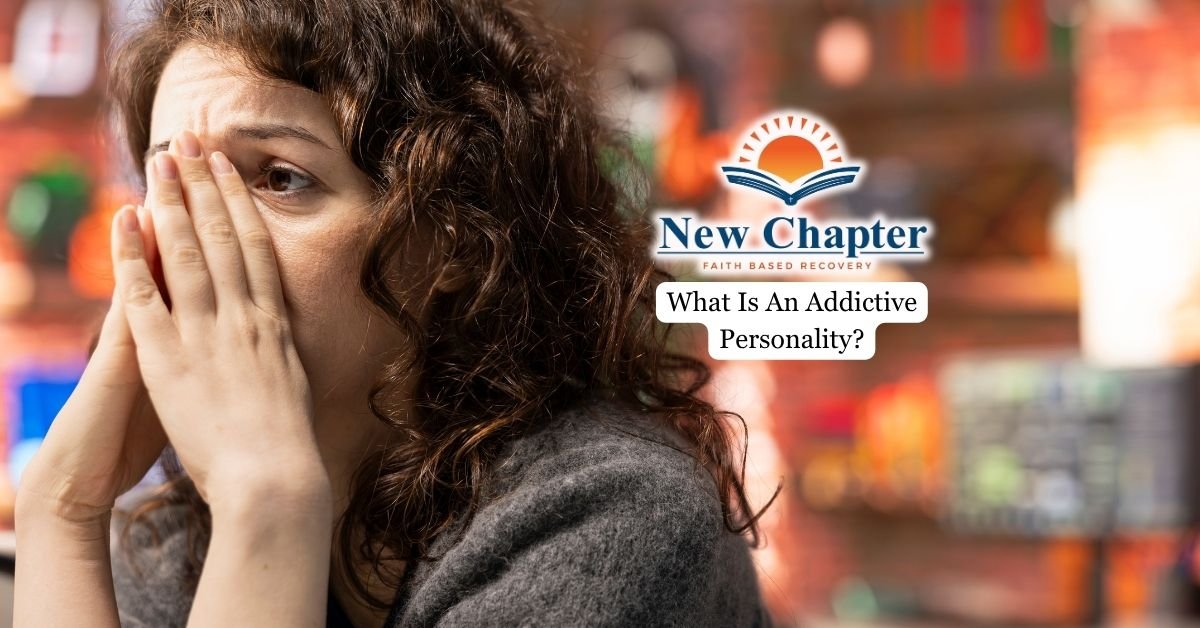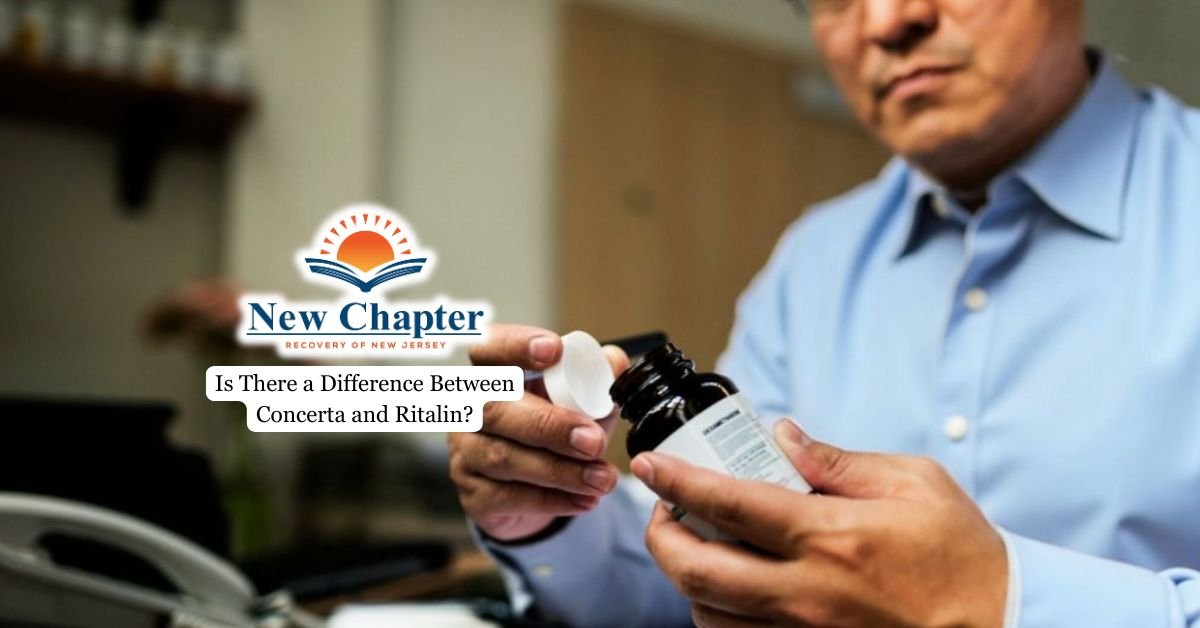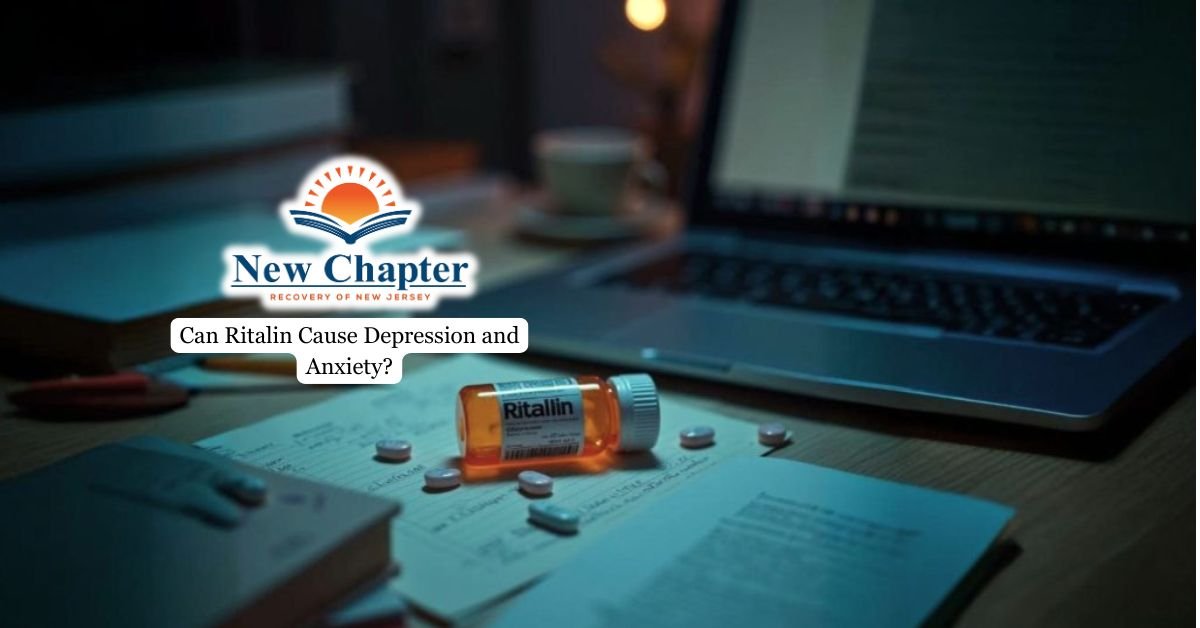Group therapy is a cornerstone of addiction treatment, offering individuals a unique space to connect, learn, and heal alongside others who share similar challenges. While individual therapy addresses personal struggles, group therapy brings the added benefits of peer support, shared experiences, and the opportunity to develop essential communication and coping skills within a supportive environment.
In this article, we’ll showcase the different types of group therapy used in recovery, highlighting how each approach contributes to long-term sobriety, personal growth, and a renewed sense of community for those on the path to overcoming addiction.

Psychoeducational Groups
Psychoeducational groups play a vital role in addiction recovery by combining education about substance use and mental health with the supportive dynamics of group psychotherapy. In these structured group environments, participants receive practical information about addiction, its underlying causes, and the impact it has on both physical and mental health.
Led by a qualified therapist, psychoeducational groups focus on building knowledge and life skills, such as coping strategies for managing triggers, stress, and relapse prevention techniques. What distinguishes these groups from other forms of group psychotherapy is their emphasis on learning and applied skill development, rather than solely on emotional sharing.
Members often share similar diagnoses, which fosters a sense of community and allows for targeted discussions relevant to their experiences. The group environment provides a safe, nonjudgmental space where individuals can openly discuss challenges, ask questions, and practice new skills, all while receiving feedback and encouragement from peers facing similar struggles.
This collective approach not only enhances understanding of addiction and mental health but also reduces feelings of isolation and shame, empowering participants to take an active role in their recovery journey.
Whether you are new to recovery or seeking to deepen your faith and resilience, New Chapter Recovery’s addiction therapy groups provide the guidance, community, and personalized care needed to make real, lasting change.
Cognitive Behavioral Groups
Cognitive Behavioral Groups are a cornerstone of addiction recovery, offering a structured, evidence-based approach that helps group members identify and change the negative thought patterns and behaviors fueling substance use. This form of group therapy is rooted in cognitive behavioral therapy (CBT), an evidence-based approach shown to be highly effective for treating substance use disorders and co-occurring mental health issues.
In a typical group session, participants focus on recognizing triggers, challenging distorted beliefs, and developing practical coping skills for managing cravings and high-risk situations. Group members benefit from sharing experiences and strategies, providing mutual support, and practicing new behaviors in a safe, collaborative environment.
Therapy may include cognitive restructuring exercises, behavioral experiments, and relapse prevention planning, all aimed at empowering participants to break the cycle of addiction and build healthier habits. The group setting allows individuals to observe and model positive changes in others, enhancing motivation and accountability while reducing feelings of isolation.
Skills Development Groups
Skills development groups focus on equipping individuals with practical tools and strategies to manage triggers, cravings, and everyday challenges associated with sobriety. One of the key benefits of group therapy in this context is the opportunity for participants to learn and practice new coping skills in a supportive, real-world environment.
A skills development group may cover topics such as stress management, emotional regulation, assertive communication, and problem-solving, all of which are essential for maintaining long-term recovery. Group therapy offers a unique platform for members to role-play scenarios, receive constructive feedback, and observe how others apply new skills, which can boost confidence and reinforce positive behavioral change.
The collaborative nature of these groups fosters a sense of accountability and mutual encouragement, as participants share successes and setbacks, learn from each other’s experiences, and build a network of support.

Support Groups
Support groups in addiction recovery provide a therapeutic space where individuals can connect with others who share similar experiences and challenges. Within the group, participants are encouraged to share their stories, offer encouragement, and listen to the journeys of their peers, fostering a sense of belonging and mutual understanding.
This safe environment allows members to express vulnerabilities, celebrate milestones, and process setbacks without fear of judgment, which is crucial for building trust and resilience. Support groups can take many forms, including traditional in-person meetings and increasingly popular online therapy platforms, making it easier for individuals to access help regardless of their location or circumstances.
Whether meeting face-to-face or virtually, the opportunity to connect with others within the group helps reduce feelings of isolation and provides ongoing motivation and accountability—key factors in sustaining long-term recovery from addiction.
Interpersonal Process Groups
Interpersonal process groups focus on exploring and improving the ways individuals relate to themselves and others. During group therapy sessions, participants are encouraged to examine their interpersonal patterns, emotional responses, and communication styles as they naturally emerge within the group setting.
This approach leverages the real-time interactions between group members, allowing individuals to gain insight into their behaviors and receive honest feedback in a supportive environment.
One of the primary group therapy benefits found in interpersonal process groups is the opportunity to practice new ways of relating, resolve conflicts, and develop healthier relationships, which are essential skills for long-term recovery.
By addressing issues such as trust, boundaries, and emotional expression, these group therapy sessions help participants break maladaptive cycles that may have contributed to their addiction.
Final Thoughts from New Chapter Recovery
Participating in group therapy is a powerful step on the journey to recovery, especially within a supportive environment like New Chapter Recovery in New Jersey. Here, addiction therapy groups are designed to help individuals connect, share, and grow together, drawing strength from both shared experiences and spiritual principles.
By engaging in both individual and group therapy, our clients benefit from a holistic approach that addresses not only the physical and emotional aspects of addiction but also the spiritual needs that are central to lasting healing.

